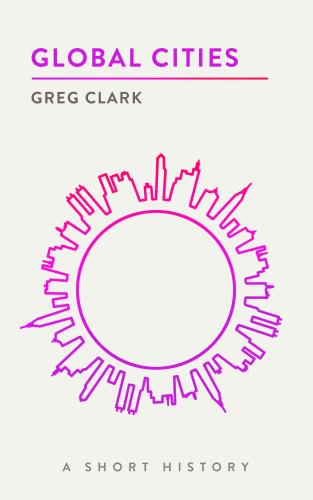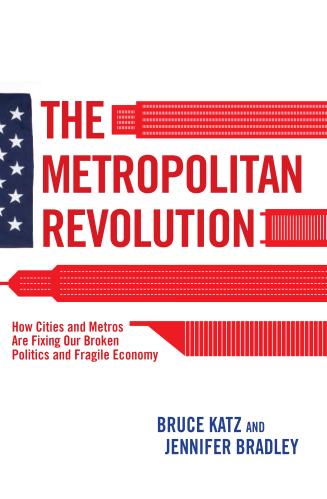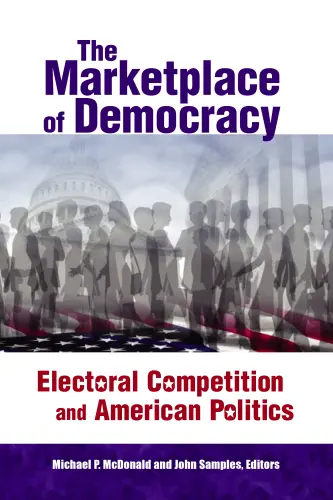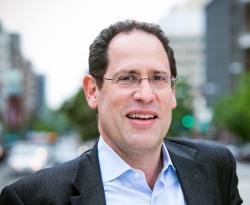Since his election over a year ago, one of President Enrique Peña Nieto of Mexico’s key economic priorities has been energy reform—opening the state-owned oil and gas conglomerate, PEMEX, to foreign investment.
It now seems likely that, in order to secure the necessary supermajority for the change, Peña Nieto will first have to acquiesce to significant electoral reforms, weakening the presidency but also including a constitutional change that, for the first time, will allow legislators to seek reelection.
While most coverage has focused on the impact of this reform at the national level, the real beneficiaries will be Mexico’s cities and metropolitan areas.
While traveling to Mexico recently for the Global Cities Initiative, I observed that mayors were underrepresented and their political and economic power undervalued. It’s clear that local government has suffered most severely from the effects of the country’s electoral restrictions.
Currently, mayors are elected to a single three-year term—hardly enough time to establish a functioning office, let alone craft and steward long-term economic or social change.
Indeed, a constant refrain from mayors at the forum—from Windsor, Ontario Mayor Eddie Francis to Mayor Michael Coleman of Columbus, Ohio—was that it takes any mayor a few years to get up to speed on the day-to-day operations of their city, and several more to effectively implement and execute economic priorities.
While it’s frequently said that business moves faster than government, the fact is that the investment cycle of private industry spans a much longer time frame than the electoral cycle of politics.
Additionally, without the prospect—or threat—of reelection, Mexico’s mayoral offices suffer from careerism and corruption. The single-term limit leads to perverse incentives—true across levels of government, as highlighted last year by The Economist—that replace the mayor’s proper, local constituency with either a broader bloc that could lead to higher office, or private interests that offer lucrative post-office benefits.
The result is mayors who lack the experience to govern effectively, the longevity to negotiate with business, or the accountability to reliably deliver results to the residents of their city.
Compare this to the United States.
In Boston, Mayor Thomas Menino is finishing his fifth term in office with an approval rating in the high 70s. The benefits of his longevity are clear in the reinvigorated Seaport district, a post-industrial eyesore when he came into office two decades ago, now a center for innovation in the city. Menino has even left his successor a trove of institutional wisdom that will ensure a productive transition.
Mesa Mayor Scott Smith spoke at the GCI forum about his efforts to refocus his city’s economy on its strengths: healthcare, education, aerospace, and tourism. This agenda is guided by years of analytic and qualitative work—identifying the right industries, partners, and policies to ensure success. Now in his second term, Smith has laid the groundwork for a sound economic strategy and is well positioned to lead its implementation.
These types of examples abound across the United States—the smartest economic development strategies are born by experienced leaders and led by mayors whose electoral performance depends upon their economic successes.
Mexico is a country with tremendous promise. Its economy is growing, its people are moving into the middle class, its firms and factories are major contributors to our North American economy. Electoral reform has the potential to bring a new level of professionalism and accountability to the country’s cities and metropolitan area, and to unleash a wave of innovation at the local level.








Commentary
Mexico’s Cities Poised to Benefit from Electoral Reform
November 26, 2013